Popular battle royale title PUBG Mobile generated at least $1.3 billion in revenue in 2019, according to a report by data analytics firm Sensor Tower. The mobile title developed by Tencent Games has earned over $1.5 billion in its lifetime. This means approximately 88 percent of its total player spending occurred during the past year.
PUBG profits in 2019
Part of this success is attributed to PUBG Mobile’s rebranding in China as Game for Peace, following regulatory policies by China’s government on game violence. Since then, the game has earned $614 million directly from China’s main App Store, a number that doesn’t include revenue estimates from third-party Android stores.

A key factor in the revenue generated from PUBG Mobile comes from the release of the battle pass. While a free version is available, the Elite Royale Pass offers better in-game cosmetics, experience point boosters, and other rewards. The implementation of the Royale Pass brought revenue to $354.1 million in Q2 and a peak of $496 million during Q3 of 2019.
Another success for Tencent
The Chinese market has accounted for about 40 percent of spending to date with $614 million. On the other hand, the United States brought in $293 million at about 20 percent, with Japan bringing $117 million at 8 percent instead. India led the install count leaderboards at 116 million downloads, or 21 percent total. China brought in 108 million downloads at 19 percent, and the United States saw 42 million at 8 percent.
Apple’s App Store made up approximately $1.08 billion, while Google Play provided $438 million in gross revenue – 72 and 28 percent respectively. However, PUBG Mobile accumulated 334 million installs on the Google Play store versus 220 million downloads on the App Store, despite the inverse player spending amount.
Call of Duty Mobile, which was launched globally by Tencent Games in October, has since generated $95 million. Epic Games’ Fortnite Mobile title has made $838 million to date from the App Store alone, with NetEase’s Knives Out game bringing in $915 million on both platforms.




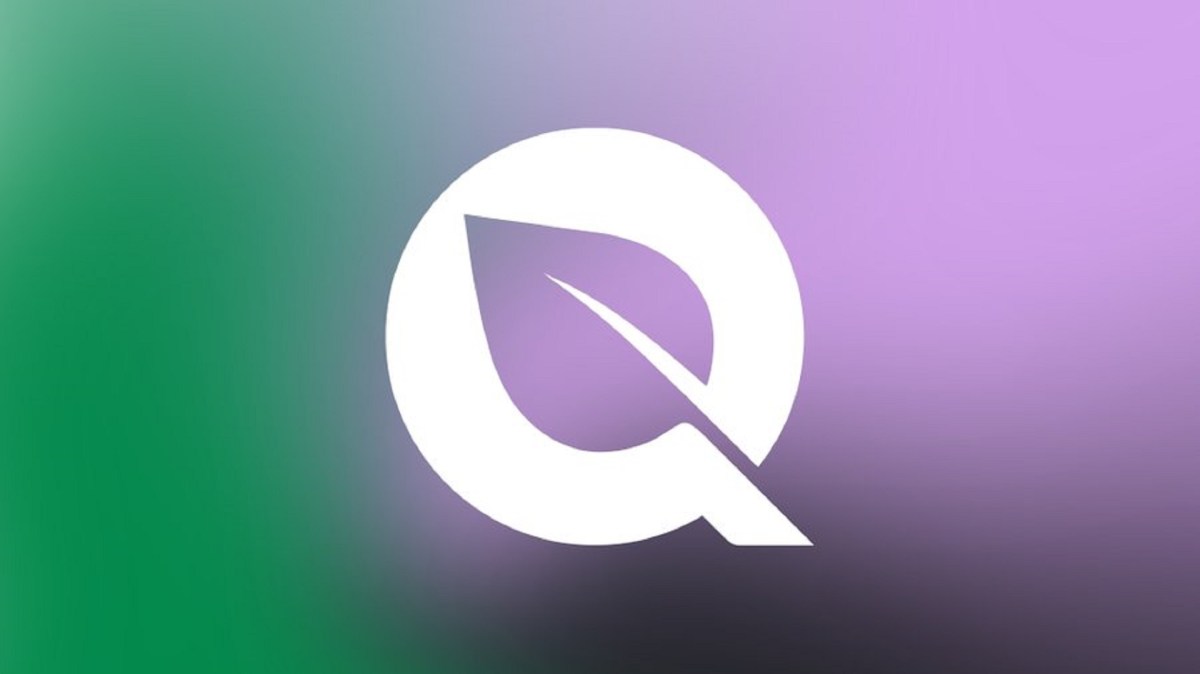

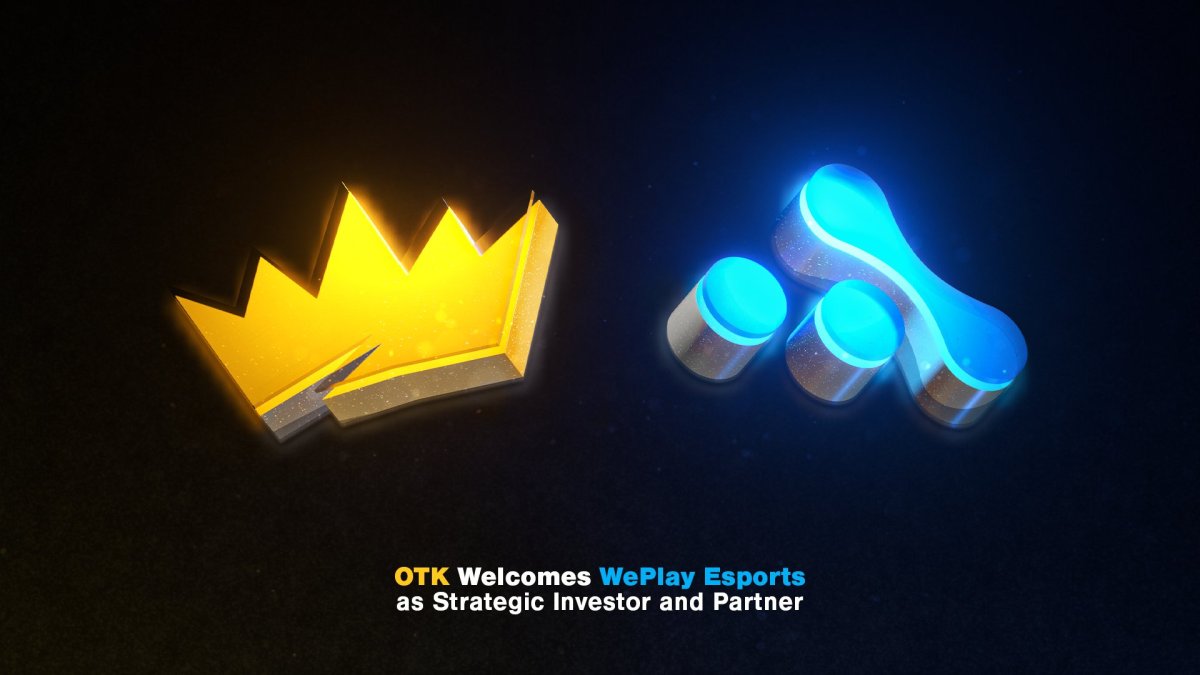
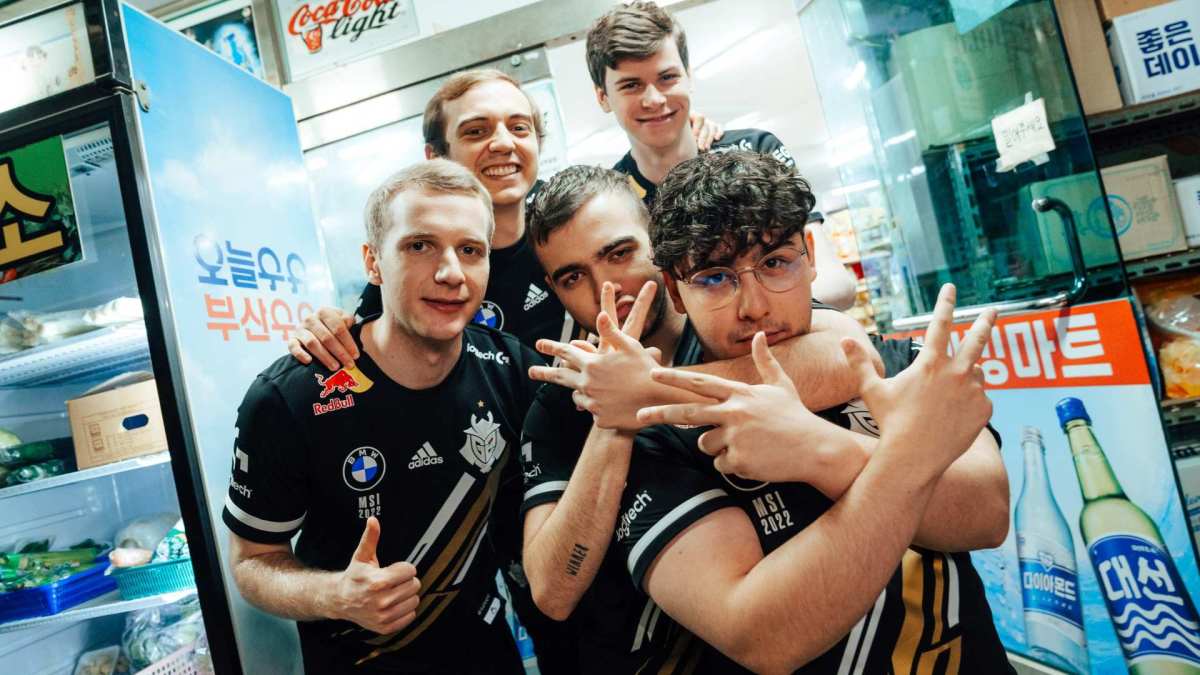
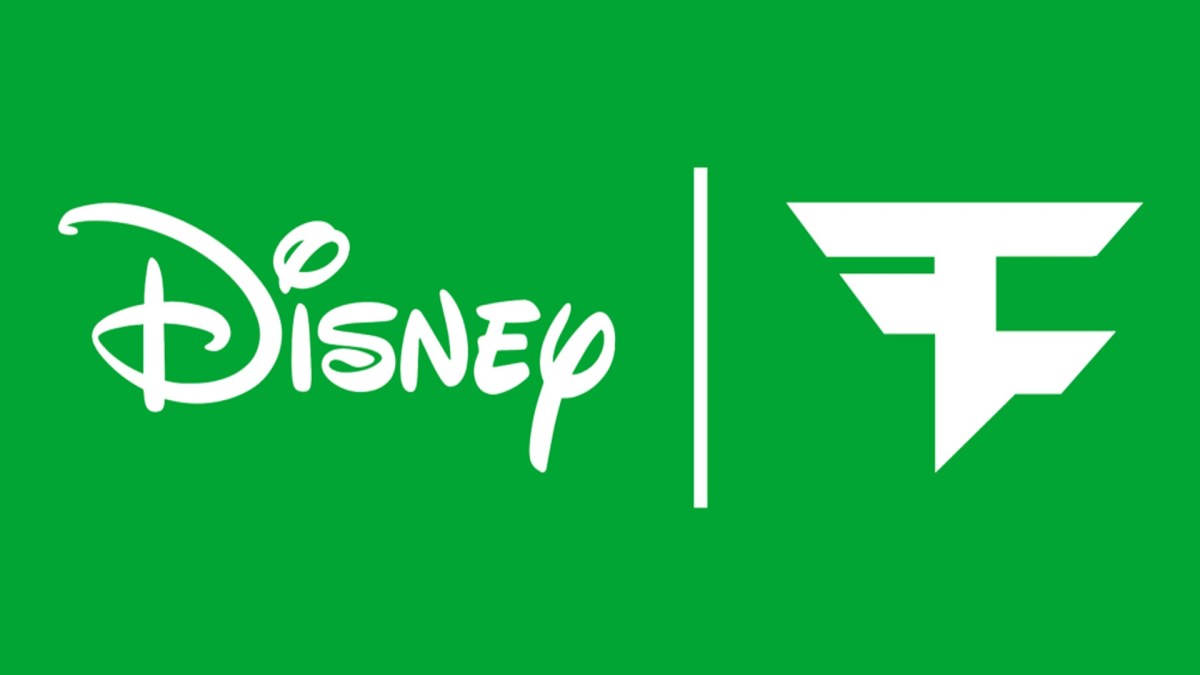

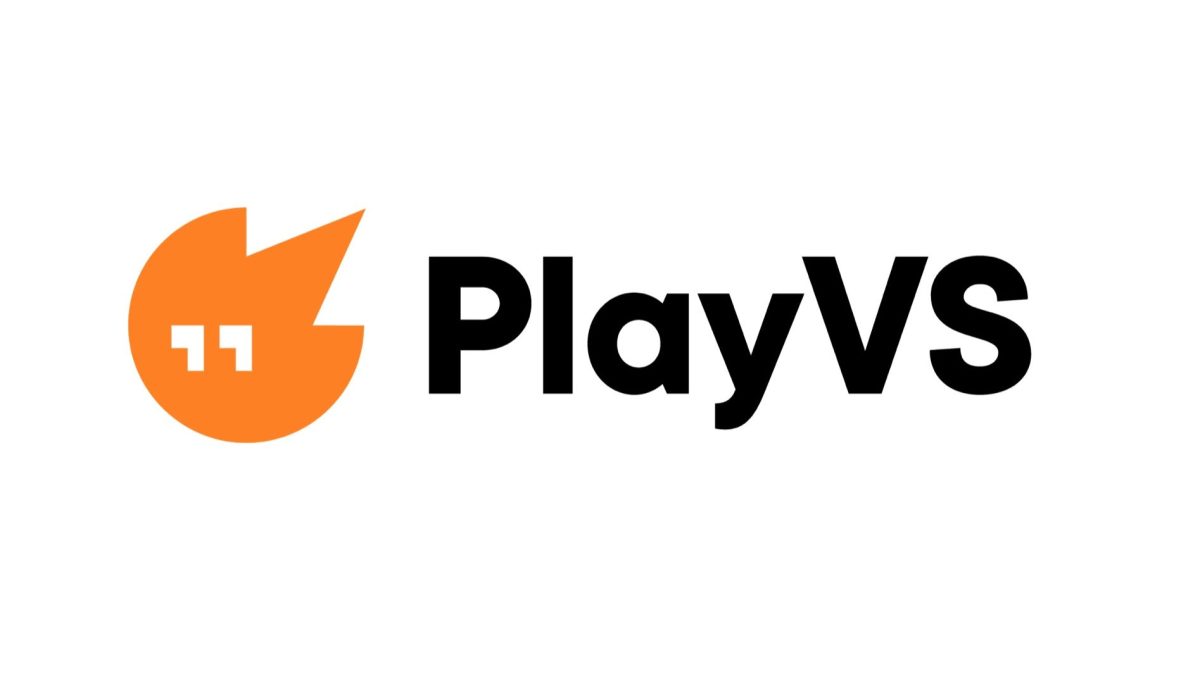
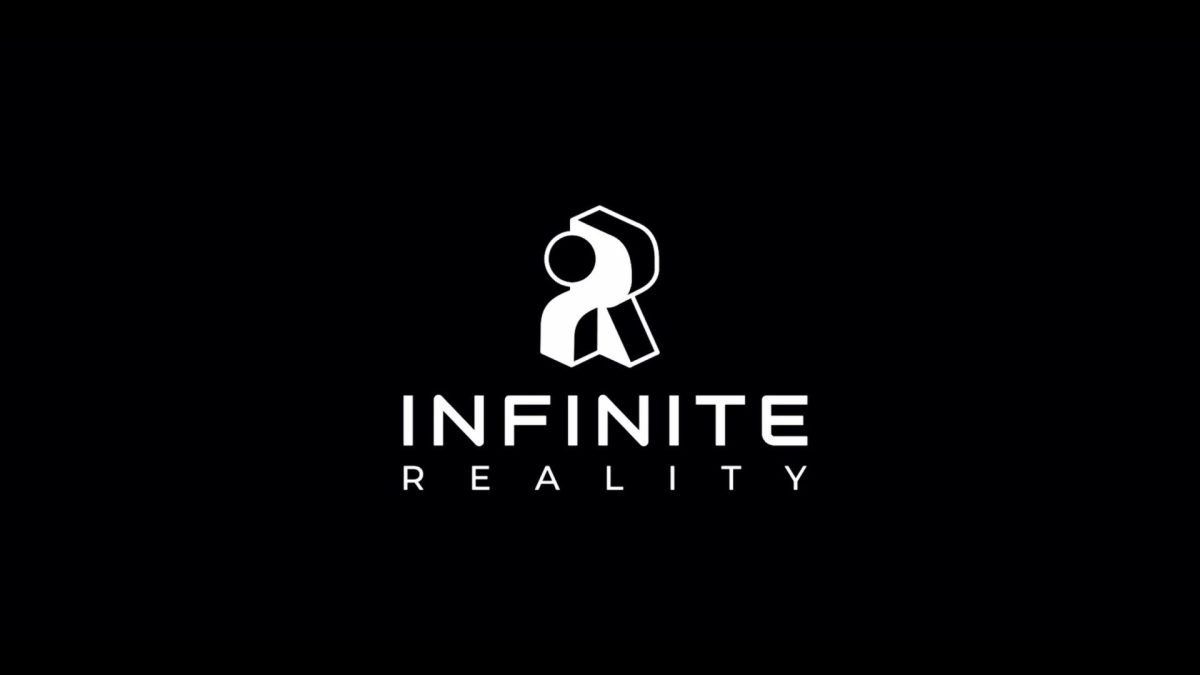




Published: Dec 15, 2019 12:37 am